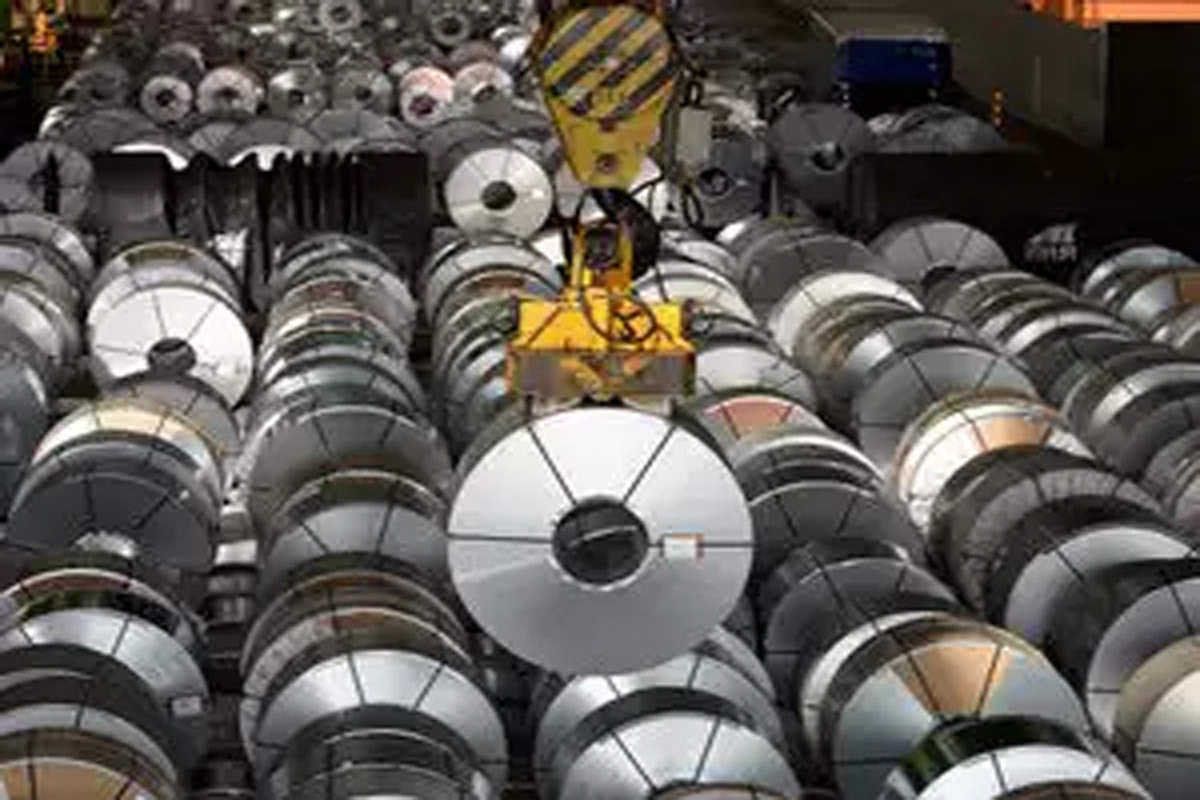Still unexplained
The hunt for the origins of Covid-19 has for the past four years been a tangled web of politics, power struggles, and international finger-pointing.
Explaining the market situation, the IRMA chairman said the key producer of magnesite is the Liaoning province in China.

Photo: iStock
High raw material prices and freight rates are impacting the overall production cost of refractories in India, industry body IRMA said on Wednesday.
“The steep rise in freight costs and raw material cost has inflated refractory selling prices by almost 40 per cent in the past two quarters,” Parmod Sagar, chairman of the Indian Refractory Makers Association (IRMA), said.
Refractory is a specialised heat-resistant material used in making cement, steel, copper and aluminium. Due to its special properties, it can handle high temperatures, and magnesia and alumina are the key raw materials required to produce it.
Advertisement
For sourcing of raw materials, the industry is highly dependent on China, he said.
In China, 97 per cent fused magnesia price has increased from USD 610 a tonne to USD 1,015 per tonne in the last fortnight, and the cost of 99 per cent white-fused alumina has increased from USD 780 per tonne to USD 1,000 per tonne, Sagar said.
The freight cost of a 20 feet container, which was in the range of USD 800-USD 1,200 a year ago, is now at USD 5,500-USD 6,800.
This unprecedented rise has led to a rise in the selling price of refractory, which has increased by almost 40 per cent in the past two quarters, he said.
Explaining the market situation, the IRMA chairman said the key producer of magnesite is the Liaoning province in China. Production of magnesia there came under stress due to stricter environmental control, and the recent power cuts in the Liaoning province have aggravated the problem.
He added, “Our industry is operating on thin margins and high working capital due to its nature of business. Over the last few years, we are also facing serious issues of financial sustainability due to constantly rising costs on all fronts, thus reducing margins due to constant price pressure from customers.”
Sagar also said the COVID-19 situation has made the industry even more vulnerable.
With the emerging raw material situation and exponential rise in ocean freight, the refractory industry is almost at the brink of complete collapse, Sagar added.
“There is an urgent need for all stakeholders, especially our customers to help us by compensating for such cost increases and support through working capital to avoid a complete collapse that may adversely impact all the key industry sectors i.e. steel, cement, power, petrochemicals and fertilisers, etc,” he said.
IRMA is the apex body of refractory makers engaged in promoting the use of domestically manufactured refractory. The body represents more than 90 refractory companies operating in India. Over the years, it has become a credible voice of the refractory industry in India.
Advertisement